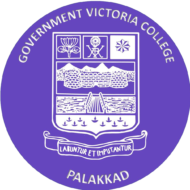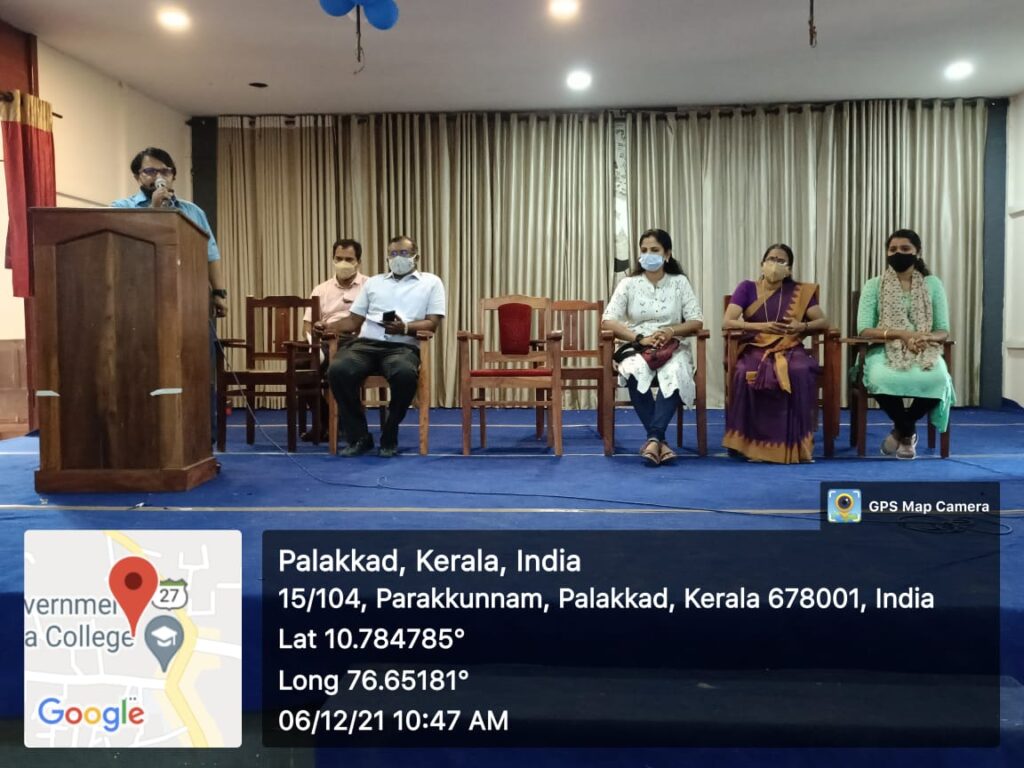Policies
Complying to UGC REGULATIONS ON CURBING THE MENACE OF RAGGING IN HIGHER EDUCATIONAL INSTITUTIONS, 2009 (UGC circular No.G1-16/2009(CPP-II) Dated September 2009) College abides to a strict anti-ragging mechanism.
©: DCE Handbook 2014
1. What constitutes Ragging?
Ragging constitutes one or more of any of the following acts:
(a) Any conduct by any student or students whether by words spoken or written or by an act which has the effect of teasing, treating or handling with rudeness a fresher or any other student;
(b) Indulging in rowdy or indiscipline activities by any student/students course do and which causes or is likely to cause annoyance, hardship, physical or psychological harm or to raise fear or apprehension thereof in any fresher or any other student;
c) Asking any student to do any act which such student will not in the ordinary course do and which has the effect or causing or generating a sense of shame, or torment or embarrassment so as to adversely affect the physique or psyche of such fresher or any other student;
(d) Any act by a senior student that prevents, disrupts or disturbs the regular academic activity of any other student or a fresher;
(e) Exploiting the services of a fresher or any other student for completing the academic tasks assigned to an individual or a group of students.
(f) Any act of financial extortion or forceful expenditure burden put on a fresher or any other student by students;
(g) Any act of physical abuse including all variants of it: sexual abuse, homosexual assaults, and stripping, forcing obscene and lewd acts, gestures, causing bodily harm or any other danger to health or person.
(h) Any act or abuse by spoken words, e-mails, post, public insults which would also include deriving perverted pleasure, vicarious or sadistic thrill from actively or passively participating in the discomfiture to fresher or any other student;
(i) Any act that affects the mental health and self-confidence of a fresher or any other student with or without an intent to derive a sadistic pleasure or showing off power, authority or superiority by a student over any fresher or any other student.
2. Measures for prohibition of ragging at the institution level:
• The institution shall not permit or condone any reported incident of ragging in any form. All necessary steps and required measures are taken to achieve the objective of eliminating ragging, within the institution or outside.
• The institution takes action in accordance with the regulations against those found
guilty of ragging and/or abetting ragging, actively or passively, or being part of a conspiracy to promote ragging.
3. Measures for prevention of ragging at the institution level:
• The application form for admission, enrolment, or registration contains an affidavit, mandatorily in English and in the regional language. This is to be filled up and signed by the applicant to the effect that he/she has read and understood
“the provisions of these Regulations as well as the provisions of any other law for the time being in force, and is aware of the prohibition or ragging and the punishments prescribed, both under penal laws as well as under these Regulations and also affirm to the effect that he/she has not been expelled and/or debarred by any institution and further aver that he/she would not indulge, actively or passively, in the act or abet the act of ragging and if found guilty of ragging and/or abetting ragging, is liable to proceeded against under these Regulations or under any penal law or any other law for the time being in force and such action would include but is not limited to debarment or expulsion of such student.”
• This declaration is signed and collected from each student during admission to any course of study. It states that ragging is totally prohibited in the institution, and anyone found guilty of ragging and/or abetting ragging, whether actively or passively or being a part of a conspiracy to promote ragging, is liable to be punished in accordance with these Regulations as well as under the provisions of any penal law for the time being in force.
• Before the commencement of the academic session in any institution, the Head of the institution convenes and address a meeting of various functionaries/agencies, such as Hostel Wardens, representatives of students, parent/guardians, faculty, district administration including the police, to discuss the measures to be taken to prevent ragging in the institution and steps to be taken to identify those indulging in or abetting ragging and punish them.
• The institution identifies, properly illuminates, and keeps a close watch on all locations known to be vulnerable to occurrences of ragging incidents. CCTV cameras are installed in all strategic positions.
• The campus has security in its premises, especially at vulnerable places and Anti-Ragging Squad, as referred to in these Regulations, conducts strict policing of the premises, if any, at odd hours during the first few months of the academic session.
• The Head of the departments and tutors of concerned batches conduct induction programs, including those which anticipate, identify and plan to meet any special needs of any specific students.
• Assistance of professional counsellors is sought before the commencement of the academic session and whenever required by the institution for the purpose of offering counselling to freshers and to other students after the commencement of the academic year.
• The institution provides orientation programs on the arrival of first-year students regarding gender sensitization, and counselling of both freshers and senior students by a professional Counsellor. Joint orientation programs of freshers and seniors, addressed by the head of the institution and the anti-ragging committee are organized.
Anti-Ragging Mechanism in Hostels
• Any student seeking admission to a hostel forming part of the institution shall have to submit additional affidavits countersigned by his/her parents/guardians in the form prescribed in Annexure I and Annexure II to these Regulations respectively along with his/her application.
• The warden addresses all students from time to time in the hostel
• Appropriate committees are constituted with a student advisor, warden and some senior students as its members, to actively monitor, promote and regulate healthy interactions.
• Fresher’s or any other students(s), whether being victims, or witnesses, in any incident of ragging, are encouraged to report such occurrence, and the identity of such informants shall be protected and shall not be subject any adverse consequence only for the reason for having reported such incidents.
• A round-the-clock vigil against ragging in the hostel premises, in order to prevent ragging in the hostels after the classes are over, is ensured by the institution.
The Institution constitutes the following bodies for the smooth governance of the campus:
Anti-Ragging Committee
• The committee is nominated and headed by the Head of the Institution, representatives of faculty members, representatives of parents, representatives of students belonging to the freshers’ category as well as senior students, non-teaching staff.
• Anti-Ragging Squad is nominated by the Head of the Institution with such representation as may be considered necessary for maintaining, vigil, oversight, and patrolling functions and remains mobile.






